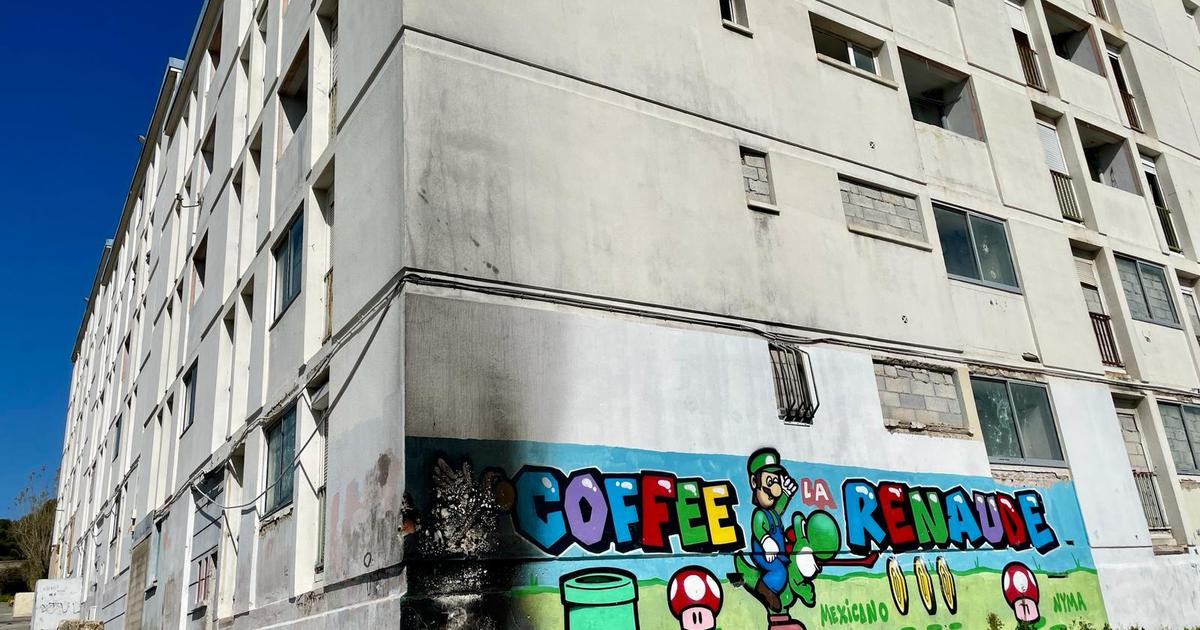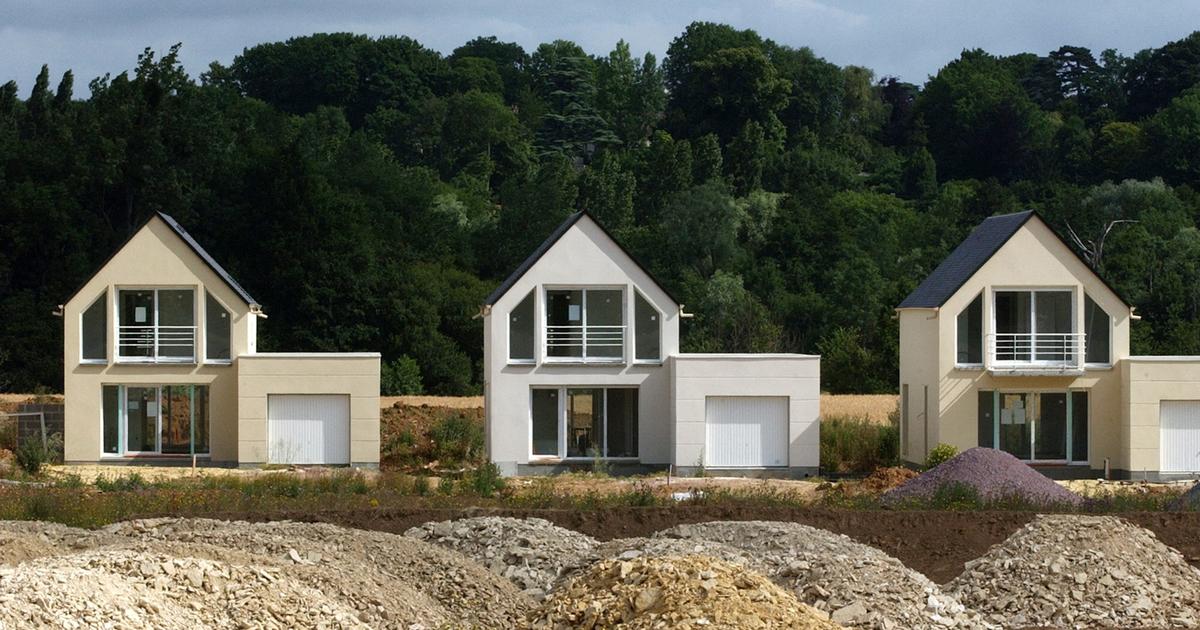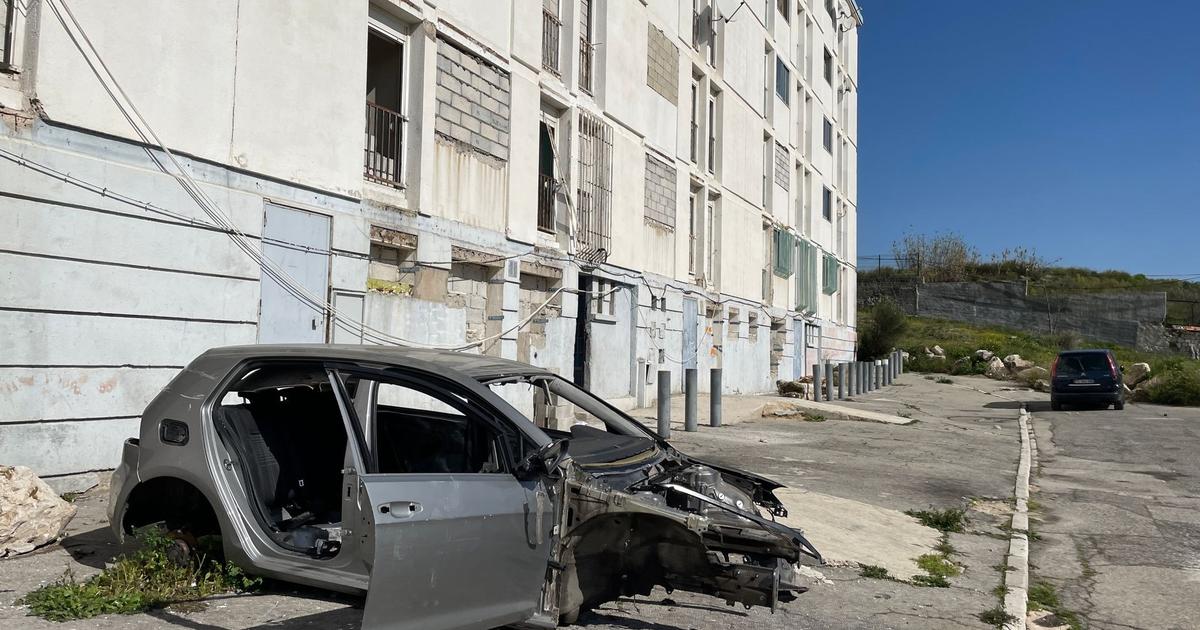EU subsidies often do not reach where they are needed most: in particularly troubled cities and communities. The funds will not be used by the weakest communities, but rather by the "smartest", who still have enough staff to fight their way through the jungle of suitable funding offers. This is the conclusion of a study written by the Düsseldorf economist Jens Südekum for the Friedrich Ebert Foundation (here you will find the document).
For example, in remote regions such as the Südwestpfalz and parts of Saxony-Anhalt, many communities are failing to raise the required own contributions for co-financing. In addition, there are bureaucratic hurdles in the application - a problem for many thinned local governments.
Therefore, Südekum advocates that the federal and state governments take over the old debts of the municipalities - and that the money in the system is redistributed even more in favor of weak municipalities.
SPIEGEL: Mr. Südekum, you interviewed decision-makers in federal states and municipalities for the Friedrich Ebert Foundation and investigated the question of where EU funding actually arrives. What is your conclusion?
Südekum: There are many different pots that you can use to do amazingly good things. Unfortunately, there are problems in the implementation, it creaks really in the beam, and the money is often not where it was most needed. Many of the potential beneficiaries in particularly underdeveloped regions are simply overwhelmed by the application because it is so heinously bureaucratic. In addition: The financial basic equipment of many municipalities is so bad that they are only able to fulfill very basic tasks with funding. Projects promoted by the EU have become a substitute in certain regions for what are actually everyday municipal tasks.
SPIEGEL: What, for example?
Südekum : This has been explained to me by a representative of the commune in East Germany: If the community has made all the necessary expenditures, for example social spending, the budget is practically exhausted. But then no school is rehabilitated, no pothole repaired and the bouquet for the 90-year-old is not yet paid. So for all that you have to make an application.
SPIEGEL : In your study, you write that most of the poorest communities do not get involved. How come?
Südekum: Often it is about a co-financing by the municipality, so an own contribution, the particularly weak communities do not have. To put it bluntly, some municipalities are too poor to receive funding. In addition: Many EU funding guidelines make very strict specifications. If a community needs a new traffic light intersection, but does not have the money, then it has to find out what funding it can get money from. However, these programs are usually not so knitted that the municipalities would be free to use them. Your project must fit into the template. As a result, not always what is really needed is not always implemented. Instead of building the traffic light, the community may then only need to modernize the swimming pool heating to make it carbon neutral.
SPIEGEL: In your study they quote an East German representative with the slightly mocking comment that "East Berlin" once believed that they knew what people in the regions needed, "and today it's Brussels". Is there anger in Europe?
Südekum: All in all, I perceived a lot of sympathy for Europe. Especially in East Germany many have pointed out that the structural crisis after reunification would have been much deeper without the EU funding programs. But of course, this also plays a role: local politicians want to design their own, set their own priorities and decide - and implement not only in Brussels set priorities. Therefore, the basic requirement of the municipalities is: give us more confidence, more room for maneuver at the lower level. Because we can see better where there are opportunities.
SPIEGEL: Is that true? There are many examples of regional development projects that ended up as expensive disaster.
Südekum: We need a healthy center: Of course, the municipalities can not decide everything alone. This mainly concerns strategic initiatives that are about long-term development. Whether, for example, a large battery factory in Lusatia should be built, such a decision can not be left to the municipalities alone. Today, however, the basic funding of many municipalities in structurally weak regions is so bad that they can only ever tell people what is wrong. This of course has an impact on the confidence in the state, because at the local level, people meet the state very directly.
Getty Images / EyeEm
Pirmasens in the Palatinate
SPIEGEL: What do you suggest?
Südekum: The funding needs to be changed: Firstly, less and larger lighthouse projects should be promoted, which then develop real radiance and strategically aligned. Secondly, part of the funding should be channeled into regional budgets, which the municipalities can more or less decide on. They need air to breathe.
SPIEGEL: What is the design error of municipal finances?
Südekum: In more depressed areas, there is a massive imbalance between revenues and the prescribed municipal tasks. These include the cost of accommodation in basic security or child care. This must be paid first with the available funds. What remains then is called "free tip" of the community. It's big in many communities where successful companies are based. But in other communities, there is little to nothing. What we do not need is a strengthening of municipal finances with the watering can. That would mean that communities that are already doing well will soon be swimming in the money. We need a targeted strengthening of the financially weak municipalities, a more even distribution of the "free top". For example about a reform of the municipal financial equalization, for which the federal states are responsible.
SPIEGEL: How can this be done?
Südekum: For the worst hit municipalities, the old debts would have to be taken over because they cut off their air. That could do the federal government or the countries. But that will not be enough. We have to tackle the fundamental imbalances in local finances. So: who gets how much money? Until now, municipalities have been paid income tax and sales tax on a specific key. In addition come trade and property tax. Differences are then compensated at the level of the federal state via the municipal financial equalization. In my opinion, we have to draw a kind of minimum threshold between the municipalities. Because the "municipal peak", the free budget with which municipalities can make policy, must not be too unstable. Since we need more redistribution.
SPIEGEL: Can you illustrate this with an example?
Südekum: In North Rhine-Westphalia, for example, it was at the beginning of the noughties that Düsseldorf and Wuppertal had approximately the same high social costs per inhabitant. But the free top in Dusseldorf was more than 30 percent higher. There, the city could afford nice things, nothing in Wuppertal. Also in the Ruhr area, in Mühlheim or Oberhausen, much more money was spent on social spending. And often the cities then forced to increase their business taxes, which companies have migrated and the local finances were torn even deeper into the vortex. In the meantime, the situation has improved, there have been strengthening pacts. However, the fear is that in the next crisis imbalances will massively increase again if we do not act soon.
SPIEGEL: Are there any concepts for that?
Südekum: You could, for example, expand the distribution keys to include components that are heavily burdened by unemployment or social spending.
SPIEGEL: Opponents of the idea could argue that successful municipalities would be punished in this way.
Südekum: Successful cities will continue to have more money available. But we have the goal of equal living conditions in the Basic Law. And this has proven itself: Certain varieties of populism we still do not have in West Germany, because the developments of the regions are not as divergent as in the US. Donald Trump was chosen precisely in the regions that were not taken care of.
SPIEGEL : Is it realistic that economically successful regions engage in a reorganization of finances, at the end of which they themselves have less money?
Südekum: Structural change can change a lot. Municipalities from Baden-Wuerttemberg with the automobile industry, which is still strong there, may now also be more aware of the value that such a safeguard offers against structural change. The Ruhr area used to be one of the richest regions in Germany, and Duisburg was once one of the wealthiest cities. At the same time Bavaria was a poor country. Structural change, nobody should forget, can always go in both directions. Perhaps today's strong regions are a bit more receptive to such insurance arguments today.
SPIEGEL: You also call for the introduction of "Förderlotsen". What is that supposed to be?
Südekum: It's all about the staff, which lacks many financially weak municipalities, experts who know how to get to the various funding pots. Some of the different funding programs have very different logics. But of course that's just a very short-term solution. Because if suddenly all the municipalities have such professional managers, but there is no more funding to distribute, then you cannibalize each other. Nevertheless, it could mean that money sometimes reaches areas where the funds have so far passed









